Niche perfume, haute perfumery, confidential perfume or even author perfume : these are all terms used to describe the alternative to “mass perfumery”. And when we talk about the niche, there are many clichés: extraordinary raw materials, original and sometimes importable juices , extravagant prices... But what is it really ? Should you be interested in niche perfumery, or is it just another marketing concept? And if you are already convinced, how do you choose your niche perfume ? (and to really understand it, head to this article which will explain everything to you!)
Bastille dots the i’s and helps you see things more clearly!
What is niche perfume? You have three hours...

Let's go back to the basics : the term "niche" simply means a small market segment, which responds to a very specific demand.
Originally, niche perfumery therefore responded to the demand of a small group of connoisseurs looking for differentiating, daring and rare perfumes. But beyond the desire not to "smell like the others", to fully understand niche perfumery you need to know the reasons which have favored its incredible growth.
At the origins: the running out of steam in mainstream perfumery
First, a little flashback: let's go back to the 80s, when perfumery was experiencing a period of unprecedented standardization.
In a now globalized market, the major perfume groups limit risks and create relatively uniform juices, intended to please all latitudes. No crazy ideas and unbridled creativity: we play it low, the main thing is to meet the brands' objectives of gaining market share.

Once the perfume prototype has been created, it's time for large-format market research and olfactory tests with XXL panels. The goal ? Ensuring that the next offspring of the range will go everywhere, and will convince Korean, Brazilian and French customers as well as Russians. Just imagine: it's as if everyone, in the four corners of the planet, started cooking exactly the same flavors. The origin of these mass launches: the success of Trésor by Lancôme, the best-selling perfume in the world in 1992.
To see this standardization, just go to Sephora! Go and smell 3 perfumes in the women's section: we bet you 1 bitcoin that you will find the same delicious and sweet effect, sometimes even sickening. What do you want, it's fashion...
At the same time, marketing and advertising place the olfactory aspect second in favor of the image. We talk less about juices and more – even too much – about storytelling. As Jean-Claude Ellena, famous perfumer, sums it up: " Before there was a perfume, a bottle, a story. Now it's more a story, a bottle, a perfume. "
If a perfume sells, it is therefore less and less for what it contains and more and more for the scenario that we create around it. Astronomical sums are deployed for advertising campaigns, which can reach millions: 30 million euros in 2004 for Chanel N°5 with Nicole Kidman, it's a record! So that customers can identify themselves more simply, perfumes must now be associated with faces and symbols, ideally movie stars already known worldwide. Shall we take the test ? If we tell you:
- Johnny Depp, you tell me... Sauvage by Dior. Too easy.
- Keira Knightley? Coco Mademoiselle by Chanel.
- Charliz Theron? (this one is a gift) I love Dior. Logic.
- Cate Blanchett? Sì by Giorgio Armani, of course.

This globalized marketing uses universal references and signs to allow us to identify more easily with their storytelling.
For example, mythology is omnipresent in perfume advertisements. Olympéa and Invictus by Paco Rabanne, Eros by Versace, Kouros by Yves Saint Laurent... are all perfumes built on mythological references that speak to everyone, but which above all end up smelling like copy/paste.
The birth of niche perfumery
Except that: after a while - at the beginning of the 90s, to be precise - certain customers ended up finding the tricks a little big, and looked for a more original alternative than the umpteenth variations of the same best-sellers offered in the same large areas.
This is how certain brands and independent perfumers have decided to go back to basics: putting know-how , creativity and exceptional raw materials at the heart of the process without being hampered by the heavy profitability imperatives inherent to large groups. The objective ? Offering unique fragrances that allow everyone to assert their identity. Beyond simply wanting to smell good or look like the muses we see in advertising campaigns, the goal of niche perfume is quite simply not to smell... other.
What is a niche perfume?
Far from long marketing briefs, confidential perfumery is born not to please as many people as possible, but to offer unique and emotional fragrances . Quickly, it is distinguished by:
-
Ultra-selective distribution : niche perfumes are not found in major brands but rather in independent perfumeries and concept stores. Sephora? Very little for them, thank you. We favor small independent perfumeries and distribution on the internet.
-
A strong olfactory identity and total creative freedom : no more market research and hyper-precise marketing briefs. Niche perfumes rely on the creativity, originality and know-how of the perfumers who create them, and their briefs are generally much more evocative. For example: a simple word like “Dark”, or an idea like “The cry of suffering nature” (true, this gave a niche perfume!). These briefs replace the long powerpoints traditionally used by large groups, where the attention is mainly focused on the marketing target we are trying to reach.
At Bastille, our briefs combine both raw materials and evocative concepts. For example, our next perfume will transcribe the idea of nature in bloom, in all its strength and sensuality. To inspire perfumers, we created this moodboard for them:

Each image evoked something different to each of the perfumers. A disco ball in the forest and one imagines a sparkling green note; one flower stands tall and the other reveals a very sensual ylang. One thing led to another, we talked about raw materials, sensations, and we built this superb perfume together.
-
The rarity and quality of raw materials : in niche perfumery, perfumers highlight exceptional ingredients. This choice has made it possible to create perfumes where only the nobility of the raw material counts: for example a very beautiful vetiver, an original sandalwood, etc. In addition, certain brands - Bastille is one of them - choose to favor raw materials grown in a sustainable manner, and with respect for small local producers.
-
Prices sometimes much higher than in classic perfumery : it is inevitable, the use of noble raw materials has a cost. These ingredients are often 2 to 3 times more expensive than the materials used by more conventional perfumes, which is certainly reflected in the final price. While many brands remain reasonable, it is not uncommon to see the prices of certain bottles soar... Should we succumb to these nectars which cost more than €300 per bottle? We have our own idea, we'll tell you about it at the end of the article.
-
Marketing in the background : confidential brands generally do not rely on advertising, but rather on the perfume and the emotions it evokes. Communication is more intimate, far from the big poster or television campaigns like we see for blockbusters. Among niche brands, the main messages are those of the authenticity of the materials, and the communication is sometimes offbeat - as we can see with brands like Etat Libre d'Orange, which focuses on perfume names and concepts insolent (we think of Putain des Palaces, I Am Trash or Sécrétions Magnifiques).

- Mixed perfumes : Perfumes “for men” or “for women” are a 20th century invention, which has become a marketing standard from which niche perfumery is trying to free itself. A fragrance must first correspond to the personality of the wearer, and that has nothing to do with their gender! And to be honest, gendered perfumes are mostly a marketing thing.
Has niche perfumery become a big blur?
Since the rise of niche perfumery, numerous so-called confidential perfumes have been launched : more than 1,000 launches per year compared to less than 40 in the 1970s. Alongside traditional niche brands such as Serge Lutens, L'Artisan Partemporel or Annick Goutal, new French brands are also trying to renew the genre: By Kilian, Juliette Has a Gun, Memo, Sylvaine Delacourte... and of course Bastille.
However, the success encountered by some of these brands is gradually causing the notion of “confidentiality” on which niche perfumery was previously based to disappear. The niche is therefore starting to be well filled ... and its contours are increasingly difficult to define, because new market dynamics and new players are disrupting its fundamentals .
Indeed, some brands are riding the trend and offering niche concepts above all marketing , which are sometimes disappointing on an olfactory level. At the other extreme, we are seeing numerous takeovers of niche brands by large groups. Having reached a significant size, certain confidential brands such as Frédéric Malle, Atelier Cologne, Dyptique, Penhaligon's, Joe Malone... have been bought by large groups such as Estée Lauder or L'Oréal, and are now offered in distribution chains such as Sephora. These acquisitions have therefore eroded the clear separation between classic perfumery and niche perfumery. To the great regret of certain independent perfumers like Marc-Antoine Corticchiato, who does not hesitate to assert: “A so-called niche brand cannot be part of a group”.
Big brands sniff out the trend
This confusion is reinforced with the launch of “private collections” and other “exclusive perfumes” by major brands, to fight against this new competition. Originally, we found Guerlain in 2005 with the launch of its L'art et la Matière line. Other major houses have followed the movement: the Privée collection by Dior, Hermessence by Hermès or even the Olfactories by Prada, all juices supposed to be more qualitative (and more expensive...) than the rest of the range.

These exclusive or private perfumes are ultimately the result of a clever mix between characteristics of classic perfumery and niche perfumery. They are launched on the same codes as those of alternative perfumery: highlighting raw materials and the olfactory experience, more sought-after fragrance names and more targeted communication. Olfactorily, there is debate: according to experts, there are both original juices and sometimes disappointing versions of the block-busters.
Names under debate
Finally, to further blur the lines, certain brands refuse the term "niche" and assert themselves more as "experimental" brands, playing with unexpected concepts and materials. We think, for example, of Comme des Garçons and their Rouge perfume, whose star is... beetroot . Here's what their artistic director says:
"What we do is different. Many people think that we do niche perfumery work, a word that I now find overused. I would rather say that we do experimental perfumery (... )" - Christian Astuguevieille
Which leads some to wonder: is niche perfume, after all, just a snob thing? We tell you about it here .
Finally, certain brands play very well on both tables of the niche and the mass market . Tom Ford, for example, perfectly bridges these two worlds with quality juices sold in selective distribution, and a successful private collection (Private Blend).

In summary: this evolution of niche perfumery is not necessarily negative . Certainly, its definition has been disrupted by new dynamics. Anne Bouvelle, expert evaluator in perfumery for over twenty years and creative director at Bastille, sees in this transformation of the niche " an opportunity for the next brands to do better and evolve towards more original scents ". It is an invitation to broaden the field of possibilities, exactly what we explore at Bastille.
How to choose a niche perfume?
As you will have understood, the very idea of niche perfumery is too vague to be precisely defined . The market has undergone so many transformations that today it is difficult to say with certainty whether this or that brand is a niche brand. So, if you're in a panic when choosing your next perfume, ask yourself this simple question: deep down, what do you want from a niche perfume?
- If you are looking to stand out with an original perfume, head towards experimental brands such as Etat libre d'Orange, or towards houses with subtle originality like Bastille.
- If the quality of the materials matters more to you, choose brands that work exclusively with quality ingredients. In general, you will find all the necessary information in the product sheets of the perfumes you are looking for. For example, at Bastille we use 95% natural ingredients and we invest 3 to 4 times more than average in the price of our raw materials: enough to offer you an incredible Indian tuberose, a vibrant Sicilian mandarin, etc.
- If you like brands with more ethical approaches, choose committed companies: Henry Rose or Bastille for their total transparency on ingredients, Olfactive Studio for its contribution to the restoration of the environment in Brazil, Atelier Materi for the promotion of French artisanal know-how...
- If you can't stand gendered marketing anymore, you'll normally find what you're looking for almost everywhere in niche perfumery, at Bastille and elsewhere!
However, be careful with the price, because not everything is justified. There is no immutable rule but from 250 or 300€, you risk paying more for the bottle than for the juice... It is not because a perfume is expensive that it necessarily only contains beautiful raw materials. It can also be a strategic choice to position yourself "very high-end" with a perfume costing €400, when the ingredients only cost, in total, €5.
You have now become pros in niche perfumery ! You now have all the cards in hand to think outside the box and find an original fragrance that will set you apart from the others. If you are ready to try the adventure, go for it: we promise you compliments, flattering questions (“What are you wearing? I love it!”) and great discoveries.
And if you don't know where to start, we have the ideal for you:
-----------
Photos: unknowns, Jules Theret, unknowns, Nicolas Mingalon
Sources: L’Oréal , Flairflair








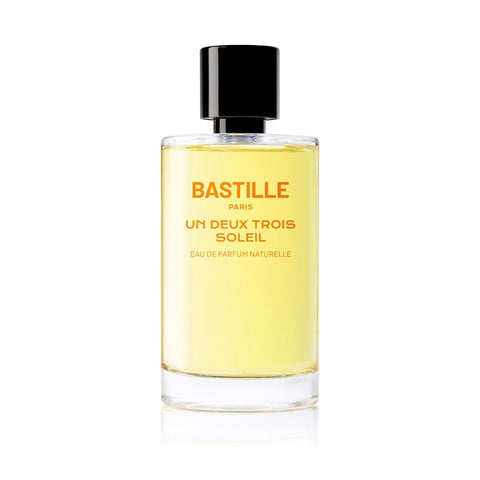
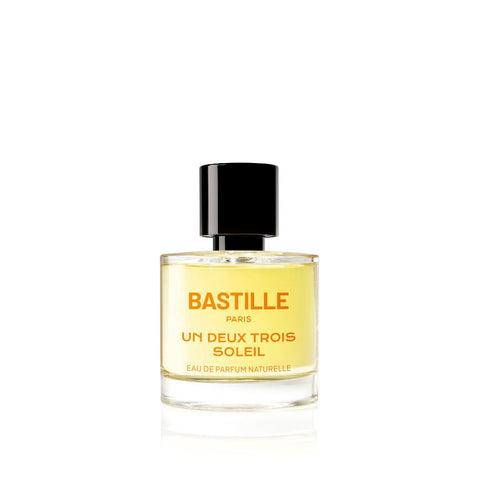
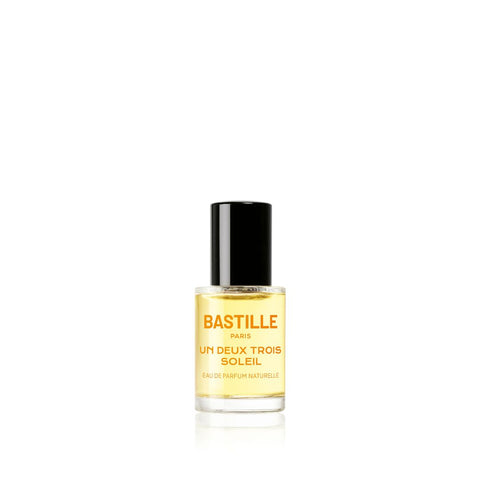
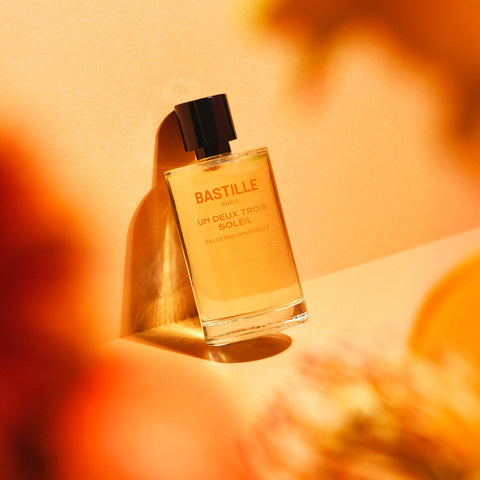
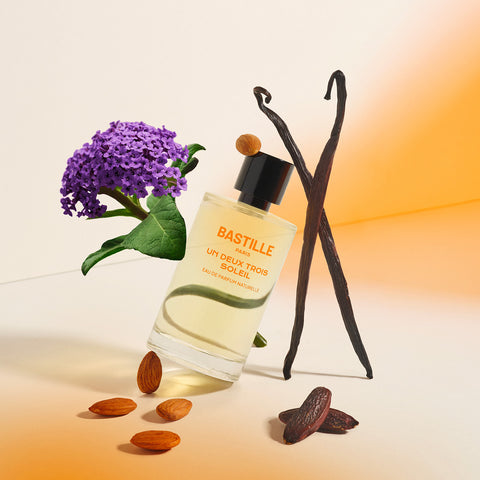
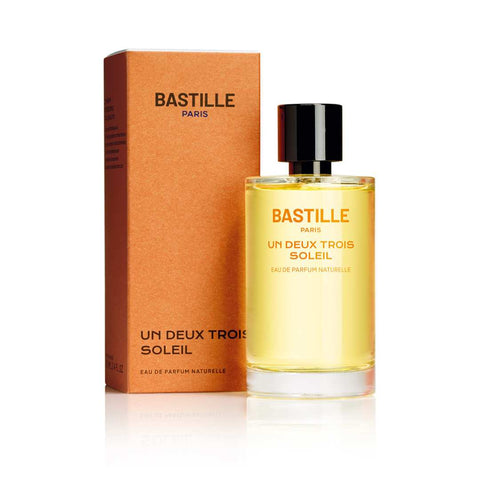
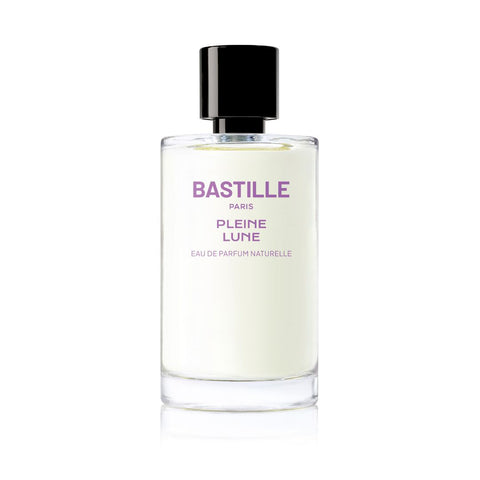
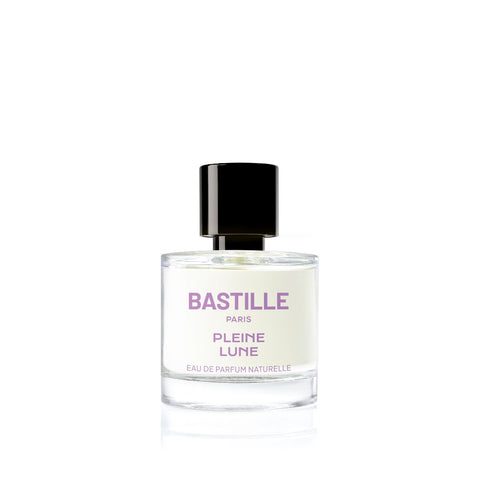
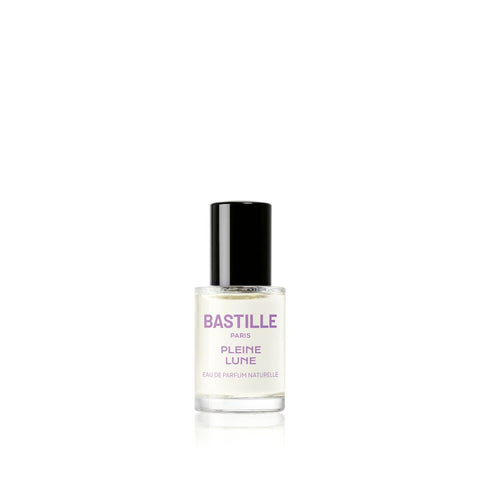
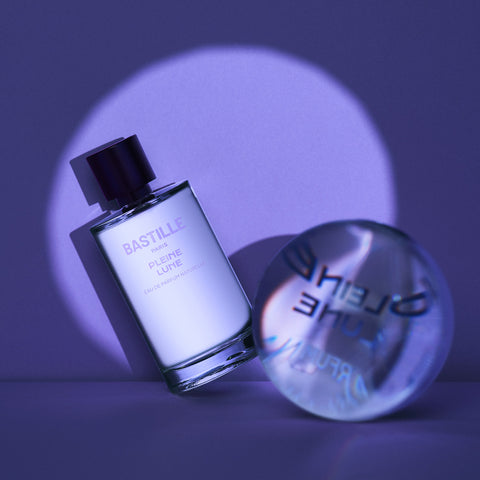
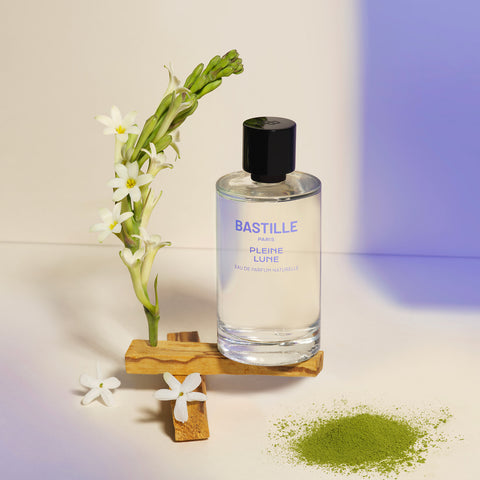
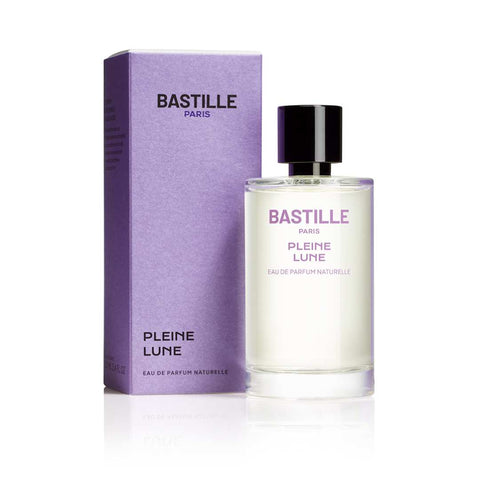
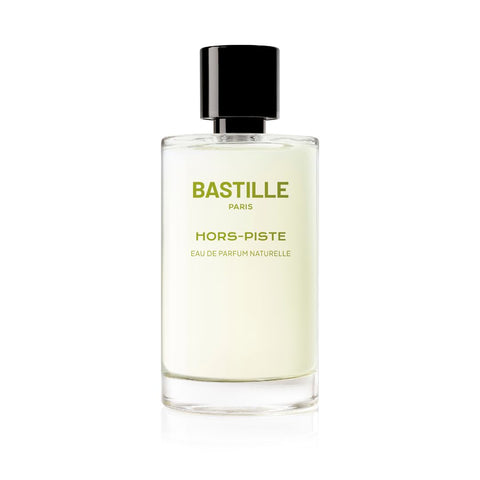
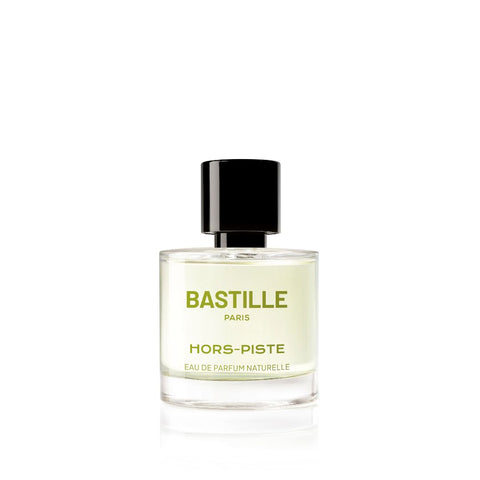
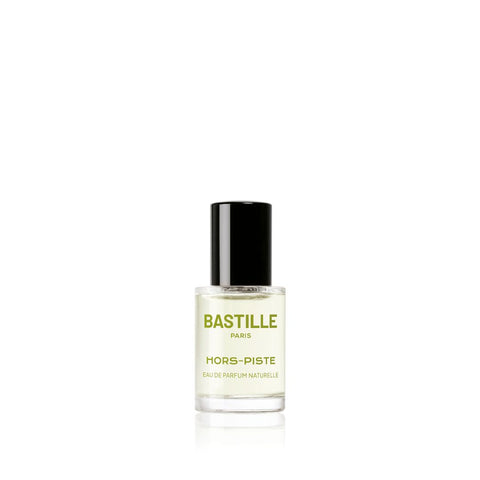
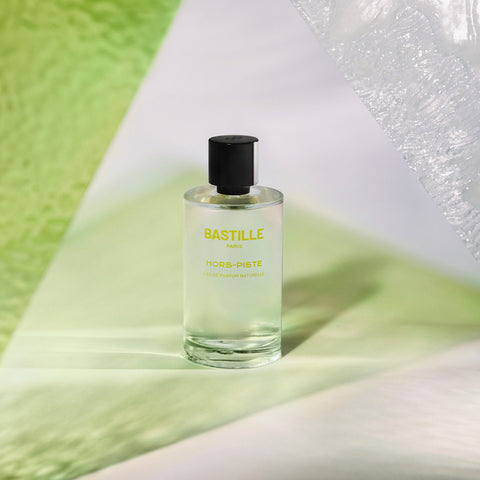
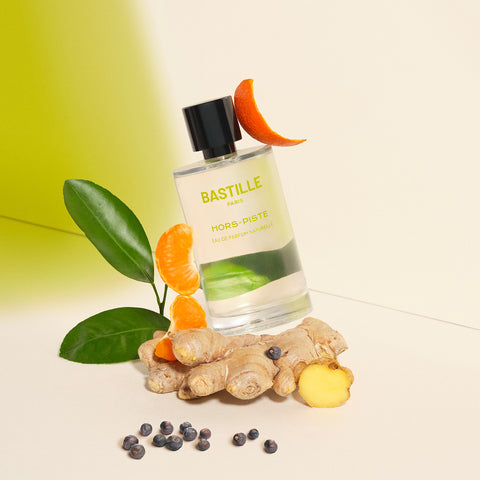
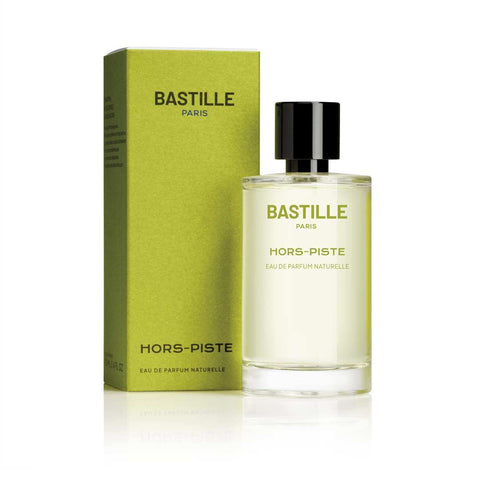

Comments (1)
La parfumerie de niche m’intéresse beaucoup et votre article m’en a appris beaucoup sûr cela,c’était très captivant et bien fait
. Je vous en remercie !